
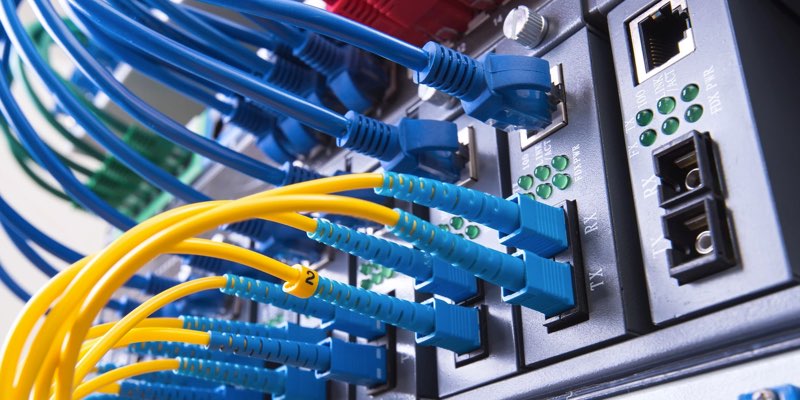
Active and passive networking components work in conjunction to ensure efficient data transfer and network performance. Active elements include switches and routers that manage data flow, while passive elements like cables and connectors facilitate the transmission of data without requiring power.
Routing involves directing data packets from the source to the intended destination across a network,while switching involves forwarding data packets within a local network. Both are crucial for efficient data transmission and network connectivity.
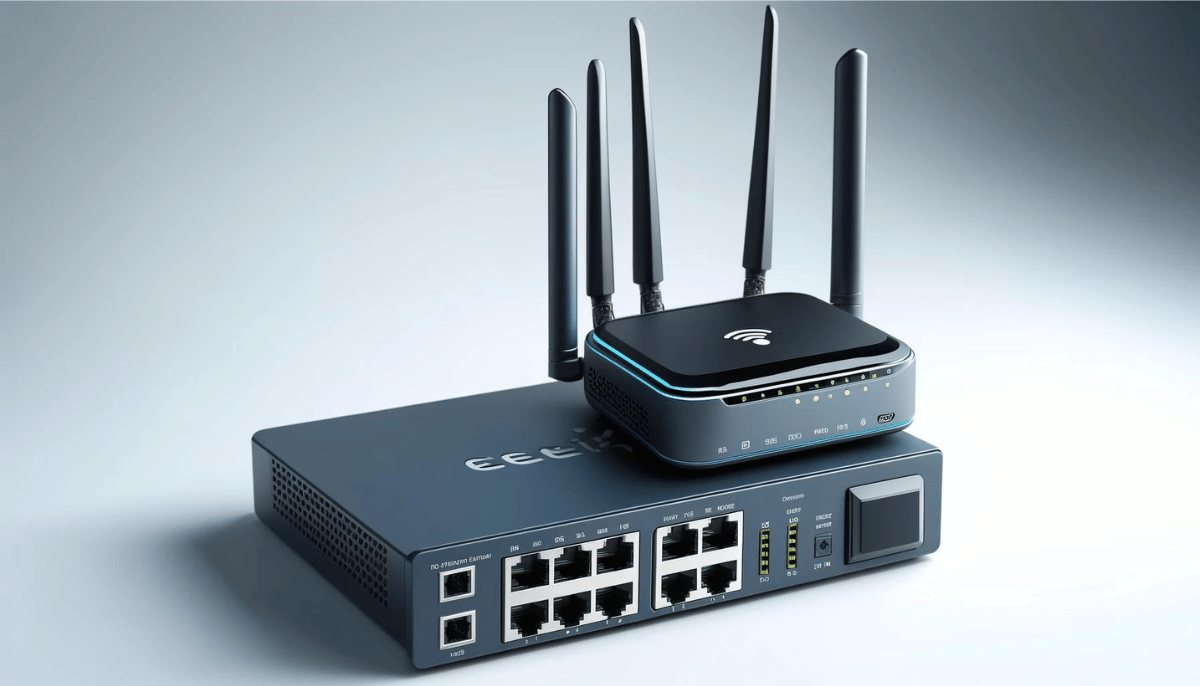
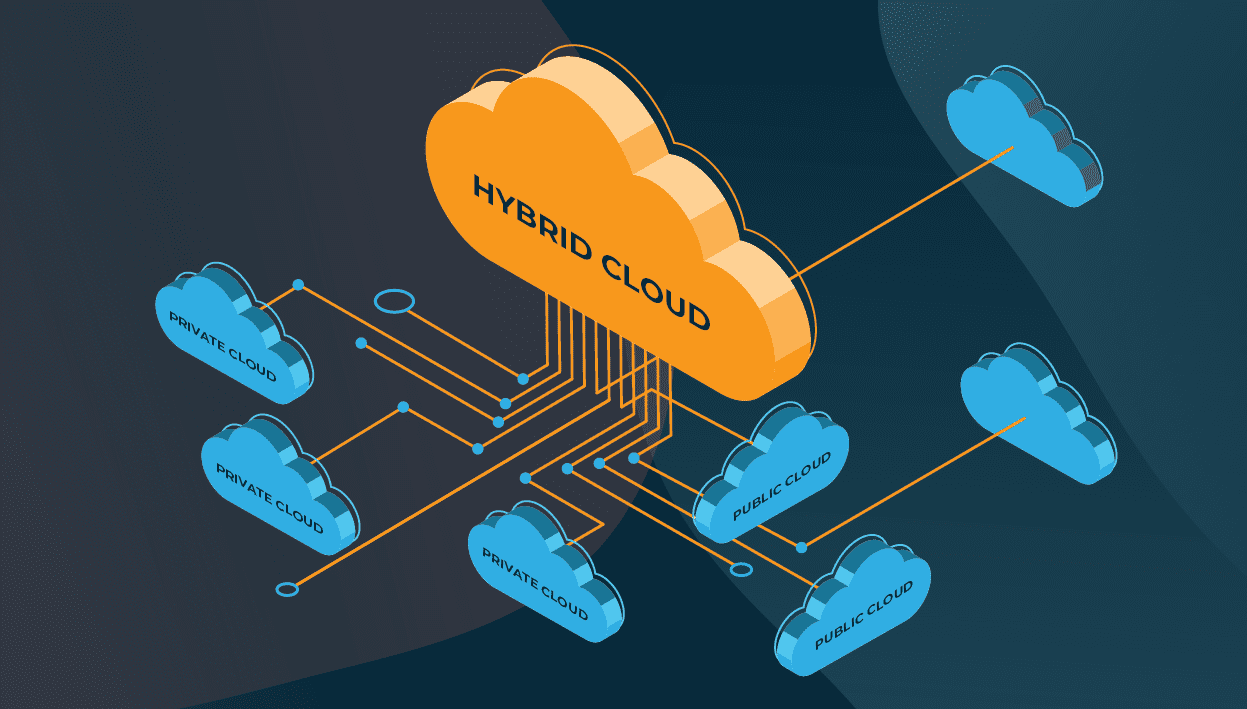
Hybrid cloud solutions combine private and public cloud environments, providing businesses with flexibility and scalability. It enables companies to optimize workloads by utilizing both on-premises resources and cloud infrastructure.
This encompasses both wireless (Wi-Fi) and wired (Ethernet) networking solutions, allowing devices to connect to the network either through wireless signals or physical cables, providing users with flexible and reliable connectivity options.
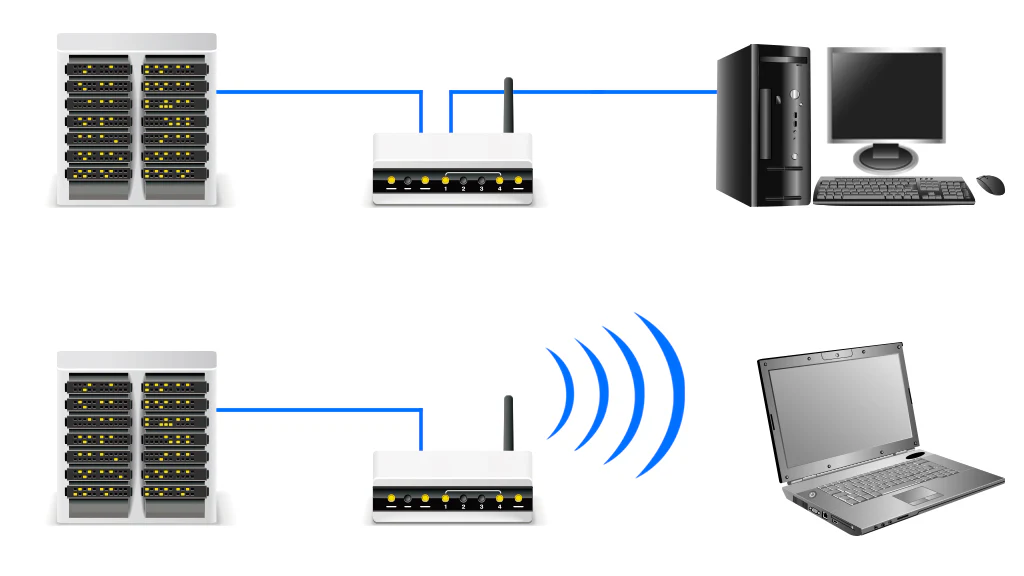
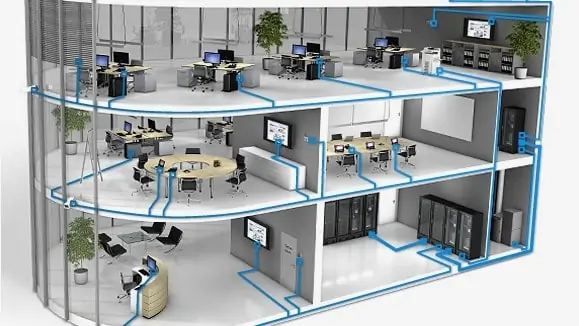
A well-organized cabling infrastructure that follows specific standards, ensuring a systematic and efficient layout. It simplifies troubleshooting, enhances network performance, and accommodates future expansion seamlessly.
Data center networking involves designing and managing the networking infrastructure within a data center. It ensures seamless communication among servers, storage systems, and other network devices to support critical applications and services.


This phase involves analyzing network requirements, designing a robust network architecture, and executing the implementation plan. Proper planning and design are vital for building scalable, secure, and high-performance networks that meet business needs.